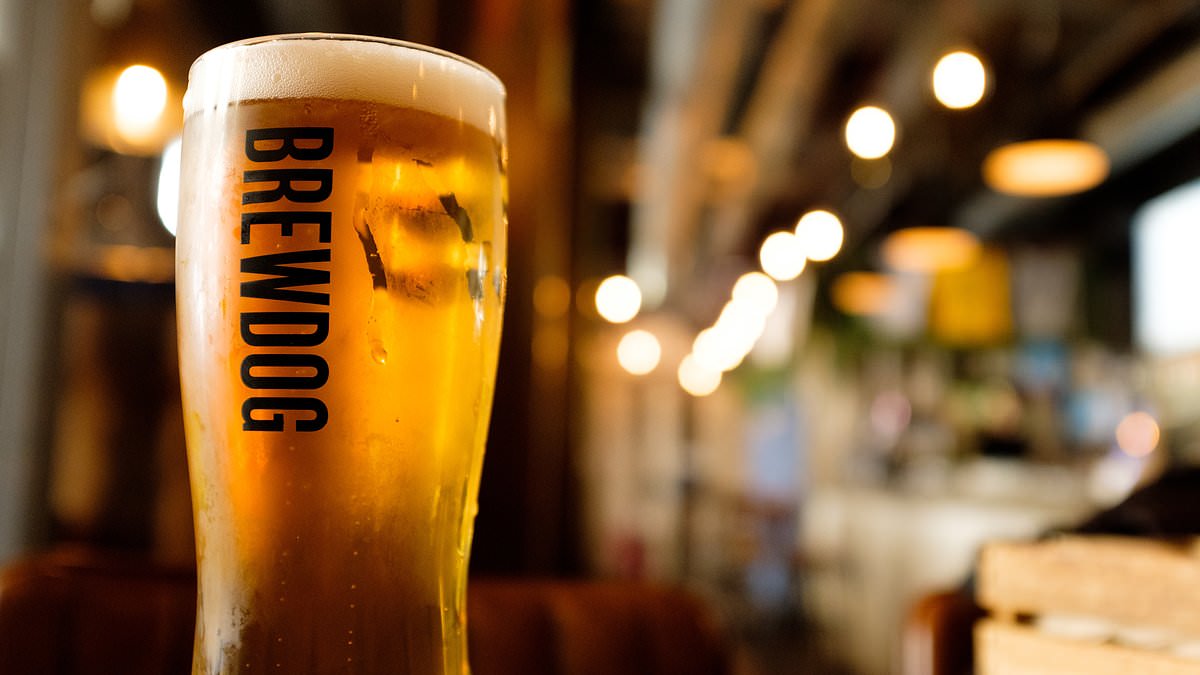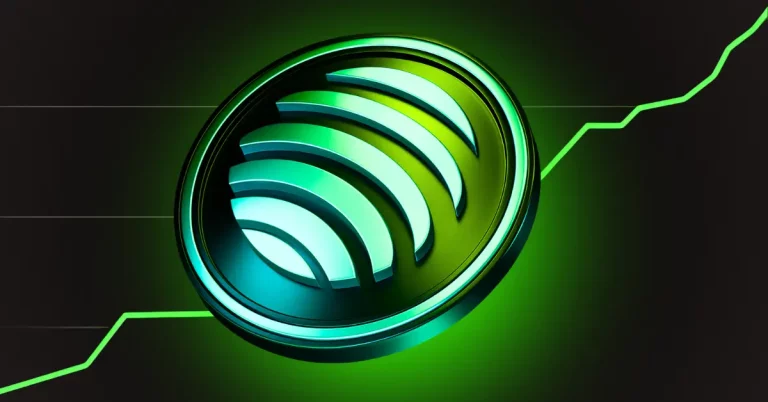
BrewDog, once a leading name in the craft beer industry, is grappling with a significant downturn as its beers have been removed from almost 2,000 pubs nationwide. According to private industry data, the company’s draught beers are no longer available in 1,860 pubs, reducing its UK distribution by over a third. The flagship beer, Punk IPA, has taken the largest hit, disappearing from 1,980 locations — a staggering 52% decline in availability.
Competition and Changing Industry Trends
As pubs streamline their offerings amidst rising costs and changing consumer preferences, many are replacing BrewDog products with rival craft beers such as Camden Town and Beavertown. Industry insiders attribute this shift primarily to large pub chains, which have historically been key revenue sources for BrewDog. Additionally, the economic pressures hitting the pub trade are forcing brewery-owned establishments to favor their own brands over independent brewers.
Leadership Changes and Financial Challenges
The company’s financial struggles are evident, with BrewDog recording losses of £59 million in 2023 and £30.5 million in 2022. CEO James Taylor, who recently stepped into the role following James Watt’s departure in May 2024, has openly acknowledged the disappointing financial results, addressing investors that the outlook does not make for “happy reading.”
James Watt, co-founder and former CEO, has been involved in a series of controversies, including allegations of improper behavior and workplace culture issues. After stepping back, the firm has cycled through three CEOs in just over a year, reflecting ongoing turbulence at the leadership level.
BrewDog’s Changing Strategy
To combat shrinking pub sales, BrewDog has pivoted its focus toward alternative high-impact channels, including festivals, stadiums, and independent pubs. Despite these efforts, the company announced the closure of 10 UK-based branded bars in recent months, including its flagship location in Aberdeen. This move follows the early 2025 closure of six international venues.
The brand, which once thrived on its rebellious “punk” identity, is now struggling to retain its image amidst mounting challenges. Its decision to abandon its former “carbon negative” status has further amplified criticism. Environmentalists have lambasted the company over reforestation efforts that failed to deliver results, with half of its 500,000 planted trees reportedly dying.
Public Perception and Investor Concerns
Public backlash has remained a recurring issue for BrewDog. From accusations of promoting a “toxic” work culture to criticism of its strategic partnerships, such as selling a stake to American private equity firm TSG Consumer Partners, the company has faced severe scrutiny. Retail investors, known as “Equity Punks,” have grown concerned about the diminishing value of their shares as the company struggles to deliver sustainable profits.
A Difficult Path Ahead
BrewDog’s challenges come amid wider industry troubles as pubs and restaurants across the UK battle rising costs. Data highlights that two hospitality venues closed daily during the first half of 2025, bringing the sector to 14.2% smaller than it was pre-pandemic. For BrewDog, the path forward remains unclear as it tries to rebuild consumer trust, stabilize its financial position, and once again establish itself as a leader in the craft beer market.





